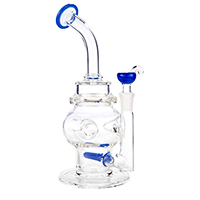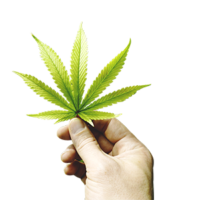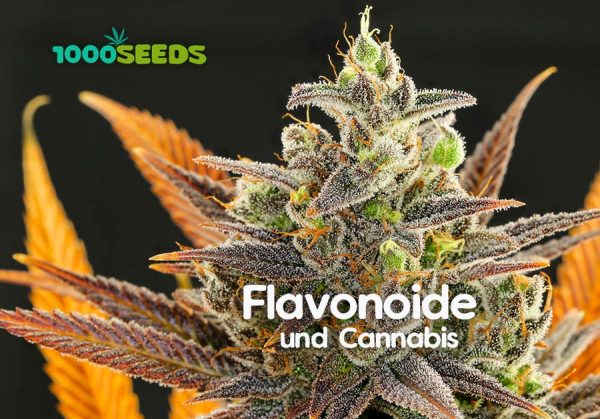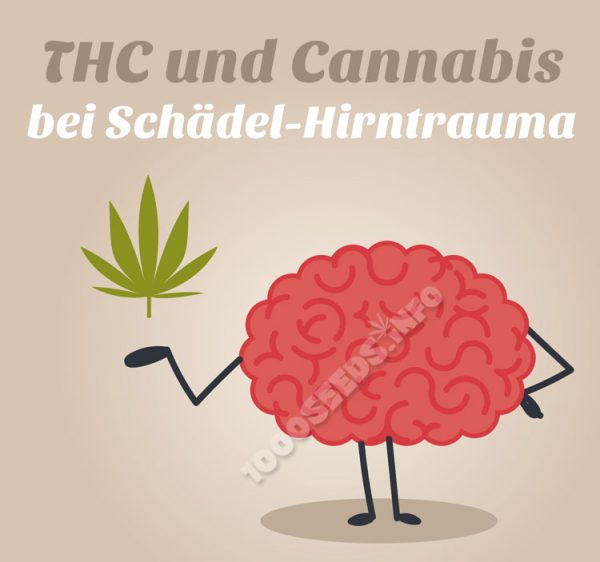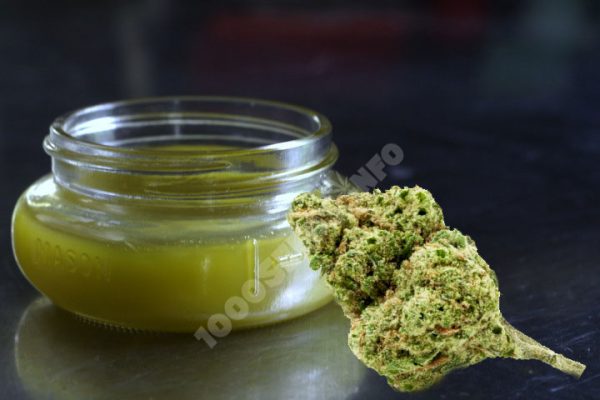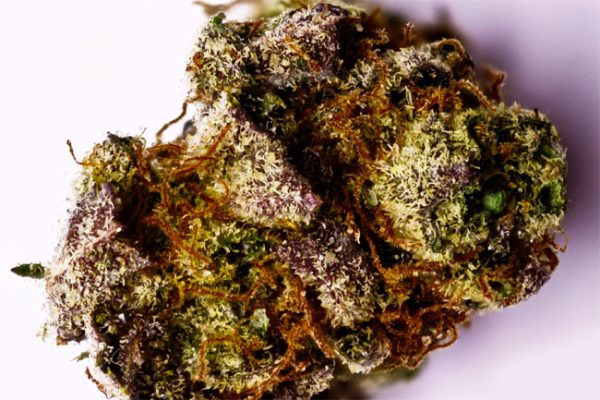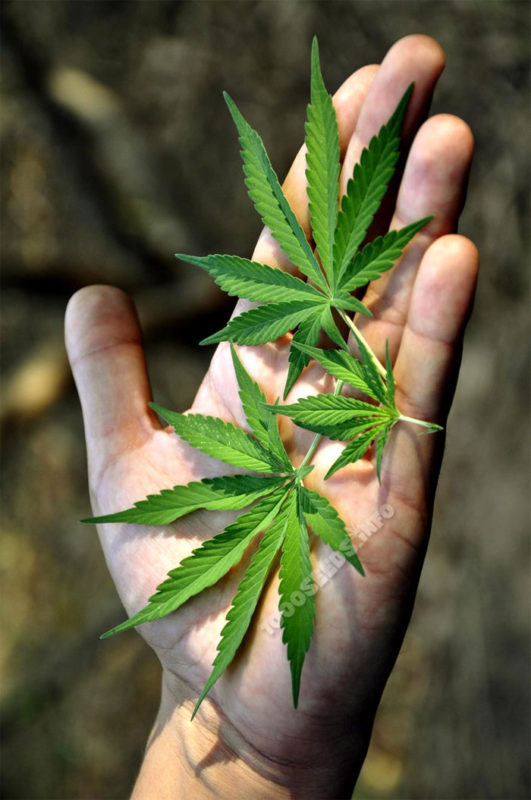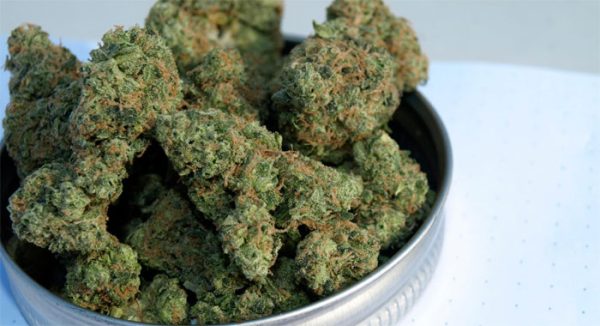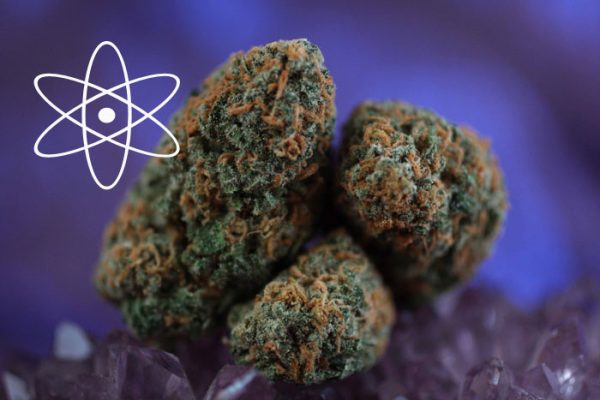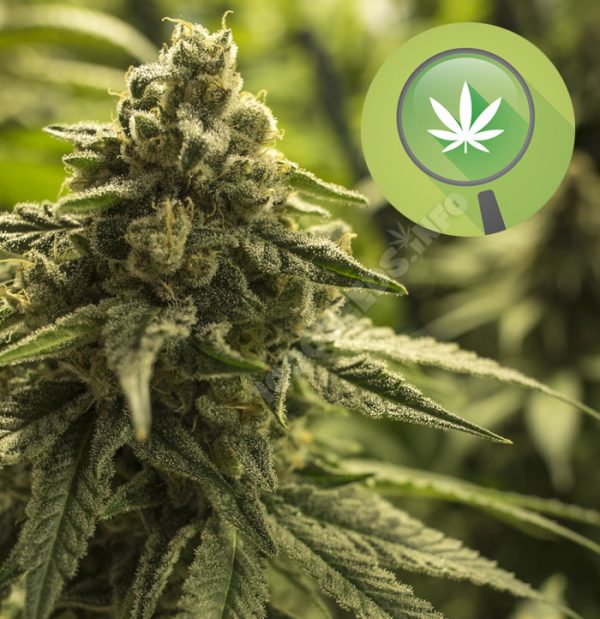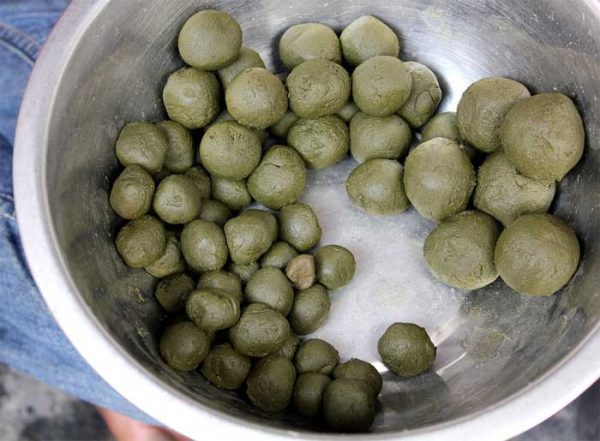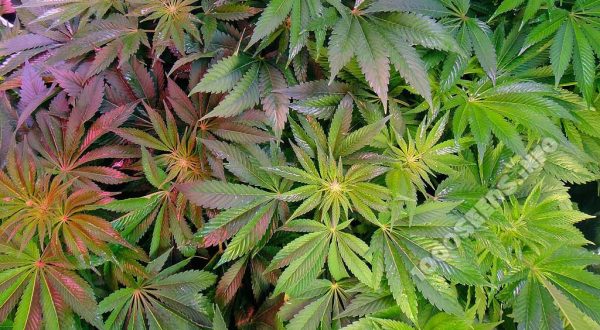Cannabis & Stress: Chronic stress affects memory and learning.

Many people are exposed to constant stress and the stress factors in our environment are becoming ever greater. It is well known that chronic stress in particular can cause serious physical and mental impairment.
Possible consequences of chronic stress can be:
- Disturbance of cognitive performance and memory function
- Depression
- Increased intraocular pressure, tinnitus
- Breathing disorder
- Muscle tension
- High blood pressure
- Sleep disorders
- Reduced pain tolerance
- Misregulation of immunocompetence, increased susceptibility
- Gastrointestinal complaints
Cannabis protect the brain from the effects of stress

Cannabis is used by many people to relieve stress for good reason. It is a natural way to deal with the stresses of everyday life. A Study by the University of Haifa study in Israel investigated the extent to which cannabinoids can help alleviate the effects of chronic stress.
An agonist activates a receptor cell after binding to it. Certain substances can mimic natural agonists and are classified as partial or full agonists depending on the strength of the response they cause. Past research has shown that repeated stress can exacerbate and cause cognitive deficits (brain dysfunction). This typically affects the processes involved in memory and learning. Cannabinoid treatment has been successful in preventing these unwanted effects.
Researchers at the University of Haifa in Israel have explored precisely this connection, focusing on chronic stress, that is, stress that lasts for a long period of time. The study used a technique called "chronic restrained stress", which lasted for 2 weeks. The researchers put rats under stress until they showed appropriate stress responses. At the end of the daily process, half of the rats were given the synthetic cannabinoid WIN55,212-2, which is a full agonist that activates the CB1 receptors of the cannabinoid system. The remaining rats constituted the control group.
Chronic stress has a very great influence on learning and memory
The data from the control group in this study paint a picture of the problems that stress causes. These problems are not only expressed through a person's mood, but stress also seems to trigger a number of other biological processes.
One of these processes is called long-term potentiation (LTP). It is an improvement in the communication between nerve cells. LTP is the long-term potentiation of synaptic transmission. LTP is one of the most important mechanisms involved in memory and learning. 30 days after the 2-week experimental phase, LTP was found to be impaired in the pathway between the ventral subiculum and nucleus accumbens in the brain.
The ventral subiculum-nucleus accumbens pathway controls responses to stress, regulates the immune system and plays a role in learning through reinforcement. The ventral subiculum is a part of the brain located in the hippocampus. It is thought to regulate the hypothalamic-pituitary-adrenal (HPA) axis, which helps control how someone responds to stress. The ventral subiculum is connected to the nucleus accumbens in the forebrain, which in turn plays an important role in pleasure, reward, addiction and learning through reinforcement. Thus, impairment of LTP in the ventral subiculum-nucleus accumbens pathway can cause difficulties in reinforcement learning.
The area where stress caused LTP impairment is largely associated with the hippocampus. This explains why stress causes difficulty in identifying an object based on its pyhsical properties (size, shape, appearance). The hippocampus stores the majority of our spatial memories. So it makes sense that stress-induced problems make it harder to remember a particular object.
Cannabinoids counteract the effects of stress

The experimental group was treated daily with WIN55,212-2, which produces similar effects to tetrahydrocannabinol (THC). Apart from this similarity, WIN55,212-2 has a completely different chemical structure. It is a full agonist of the CB1 receptor in the cannabinoid system, whereas THC is a partial agonist.
However, full agonists of the cannabinoid system can also pose risks and cause convulsions and psychosis. After they were found in various incense blends and made negative headlines, these artificial cannabinoids were banned. Despite the risks of synthetic cannabinoids, or full agonists, it is the scientific agenda to research with them.
Thirty days into the treatment phase, the study data suggested that activation of the cannabinoid system may prevent the cognitive deficits caused by stress. The group treated daily with WIN55,212-2 did not show the same damage to the ventral subiculum-nucleus accumbens pathway. This means that the endocannabinoid system in the body can combat the negative effects of stress on learning through reinforcement.
The group that received cannabinoids also performed better in object recognition. They were able to identify an object based on its physical properties better than the control group. This suggests that cannabinoid treatment may help protect spatial memories housed in the hippocampus.
According to the study, activation of the endocannabinoid system may represent a new form of treatment in relation to cognitive deficits that often co-occur with a variety of stress-related neuropsychiatric disorders.
Comment
On the one hand, there are synthetic cannabinoids, which are often full agonists and carry corresponding risks. While there is a completely harmless medicinal plant such as cannabis, with which a natural and harmless activation of the endocannabinoid system can be achieved, research is being carried out with synthetic cannabinoids at great expense and high commercial interest. At the same time, these synthetic cannabinoids have been banned because they are so dangerous. This is just as illogical as the fact that there are even drugs that are more dangerous, have more side effects and are more precarious than the disease they are used to treat. While very risky and questionable drugs like Diazepam and Tavor can be prescribed without any hurdles and are swiftly prescribed by doctors, cannabis continues to be stigmatised as a medicinal plant. Many attempts have been made to say that marijuana is bad, but the more research that is done, the more the high medicinal value of this plant becomes clear. Cannabis, which has been tried, tested and successfully used by millions of people for centuries, has been banned for reasons that can all be refuted today and for reasons that have nothing to do with a modern open-minded attitude of freedom thinking and self-determination. Medicines, some of which are very questionable and whose costs are very questionable in relation to their benefits, are marketed and given to patients.
Fortunately, there is increasingly a positive development for medical cannabis users in Europe as well, even if not yet in all countries, it will increasingly move towards legalisation.
<<medinizinsche Cannabis Sorten zur Stressbehandlung>>
Medical disclaimer
The information on this website is for general information purposes only and is not to be equated with medical or legal advice. We do not wish to encourage anyone to consume or use drugs illegally. Please consult your doctor/health care provider before using any products/methods referenced or linked to on this website.




